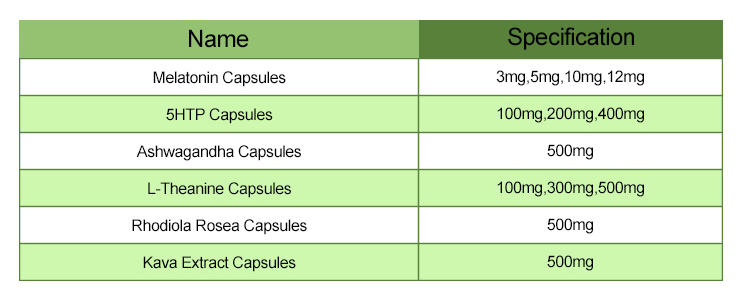Ashwagandha Capsules, also known as Withania somnifera or Indian ginseng, has been extensively studied for its potential health benefits. Here’s a comprehensive overview based on research up to my last update:
Adaptogenic Properties: Ashwagandha is classified as an adaptogen, meaning it helps the body adapt to stressors. Studies suggest that it can reduce cortisol levels, which are often elevated during times of stress, thereby promoting a sense of relaxation and well-being.
Stress Reduction: Several human studies have shown that ashwagandha supplementation can reduce symptoms of stress and anxiety. It may also improve stress-related outcomes such as insomnia, fatigue, and social dysfunction.

Cognitive Function: There is evidence to suggest that ashwagandha may have neuroprotective properties and could potentially enhance memory and cognitive function. Some studies have shown improvements in tasks involving attention, memory, and reaction time.
Physical Performance: Athletes and fitness enthusiasts often use ashwagandha to enhance physical performance. Research indicates that it may improve strength, endurance, and recovery time, possibly by reducing exercise-induced muscle damage and inflammation.
Immune Support: Ashwagandha has been shown to modulate immune function, potentially enhancing the body’s defense mechanisms against infections and diseases.
Anti-inflammatory Effects: Chronic inflammation is linked to various diseases, including heart disease, cancer, and autoimmune disorders. Ashwagandha exhibits anti-inflammatory properties that may help mitigate these conditions.
Hormonal Balance: Some studies suggest that ashwagandha may have a positive effect on hormonal balance, particularly in men and women experiencing stress-related hormone imbalances. It may help regulate cortisol, thyroid hormones, and reproductive hormones.
Antioxidant Activity: Ashwagandha contains compounds with antioxidant properties, which can help neutralize free radicals and reduce oxidative stress in the body. This may contribute to its overall health benefits.
Anti-cancer Potential: Preliminary research suggests that ashwagandha may possess anti-cancer properties, including the ability to inhibit the growth of certain types of cancer cells. However, more studies are needed to fully understand its potential in cancer prevention and treatment.

Safety and Side Effects: Generally, ashwagandha is considered safe for most people when taken in recommended doses. However, some individuals may experience mild side effects such as gastrointestinal upset or drowsiness. As with any supplement, it’s important to consult with a healthcare professional before starting ashwagandha, especially if you have any underlying health conditions or are taking medications.
Overall, while ashwagandha shows promise for various health benefits, more research, particularly large-scale clinical trials, is needed to fully elucidate its mechanisms of action and efficacy in different populations and conditions.
